

High-performance liquid chromatography (HPLC) is an analytical technique used to separate, identify, and quantify components in a mixture. The HPLC instrument is a complex piece of equipment that consists of several components and modules.
The basic components of an HPLC instrument include a solvent reservoir, a pump, a sample injector, a separation column, a detector, and a data acquisition system. The solvent reservoir contains the mobile phase, which is typically a mixture of solvents that is pumped through the system by the pump. The sample injector is used to introduce the sample into the mobile phase. The separation column is packed with a stationary phase that separates the components of the sample based on their chemical and physical properties. The detector measures the amount of each component that elutes from the column and generates a signal that is sent to the data acquisition system.
Modern HPLC instruments can be equipped with a variety of additional components, such as gradient controllers, column ovens, and autosamplers, that automate and optimize the separation process. The HPLC instrument can also be coupled to other analytical instruments, such as mass spectrometers, to provide additional structural information about the components.
HPLC is widely used in the pharmaceutical, food and beverage, environmental, and chemical industries to analyze complex mixtures, determine the purity of a substance, and identify and quantify impurities and degradation products.
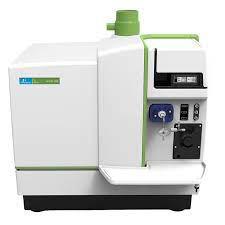
Inductively coupled plasma mass spectrometry (ICP-MS) is an analytical technique used to determine the elemental composition of a sample. The ICP-MS i.....
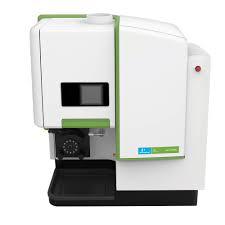
Inductively coupled plasma optical emission spectroscopy (ICP-OES) is an analytical technique used to determine the elemental composition of a sample......
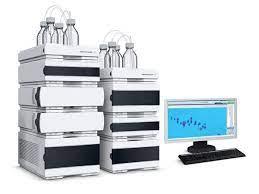
High-performance liquid chromatography (HPLC) is an analytical technique used to separate, identify, and quantify components in a mixture. The HPLC in.....
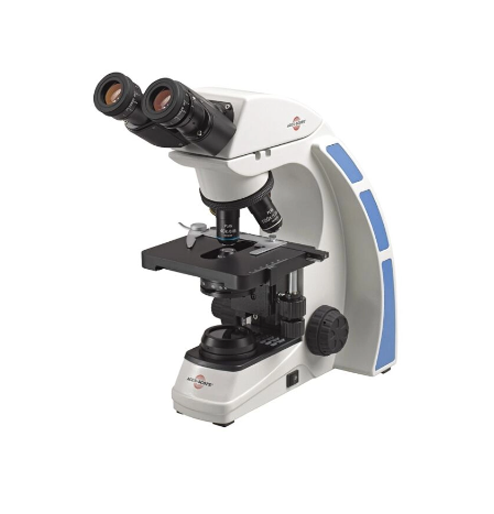
A microscope is an optical instrument used to observe objects that are too small to be seen with the naked eye. It magnifies the image of the object a.....
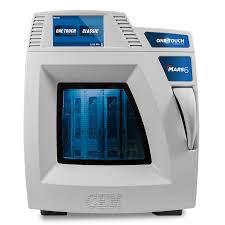
A microwave digestion system is a laboratory instrument used for the digestion of samples, particularly those containing organic.....
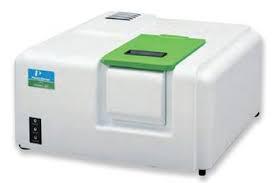
UV-Visible Spectroscopy (UV-Vis) is a widely used analytical technique that utilizes the absorption of light in the ultraviolet and visible regions of.....
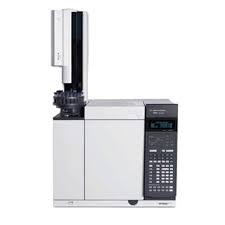
Gas chromatography (GC) is an analytical technique used to separate and analyze the components of a mixture. GC is widely used in the pharmaceutical, .....
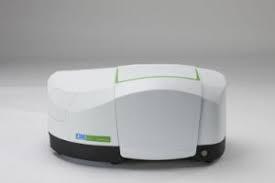
Fourier-transform infrared (FTIR) spectroscopy is an analytical technique used to determine the chemical composition of a sample by measuring the abso.....
Signup for our weekly newsletter to get the latest products, updates and deliverd directly in your inbox.